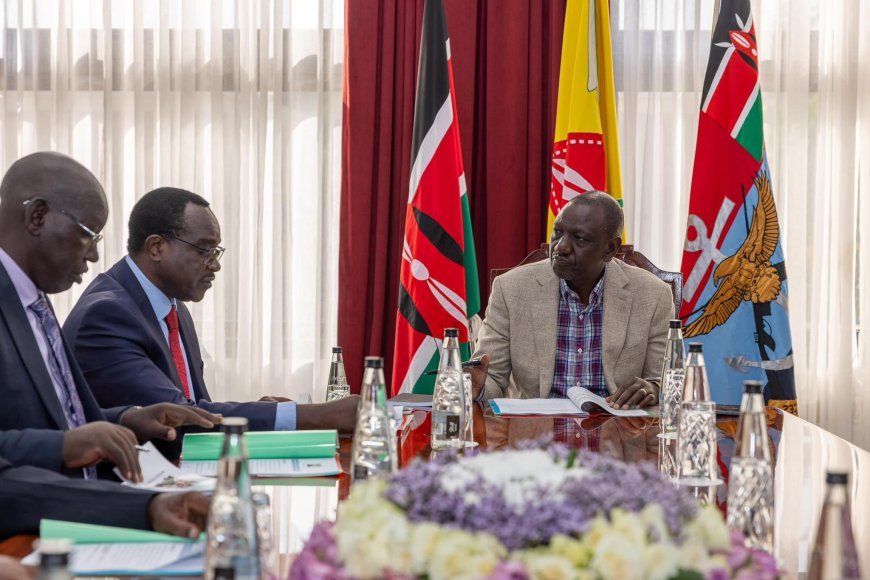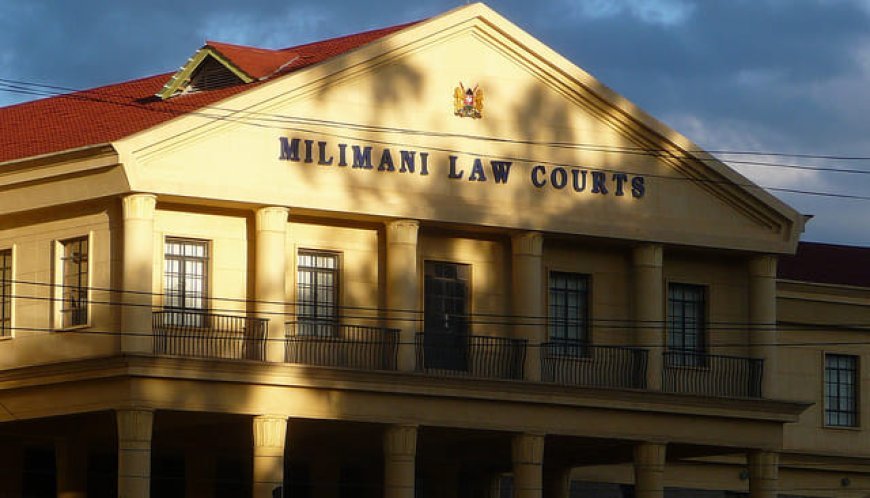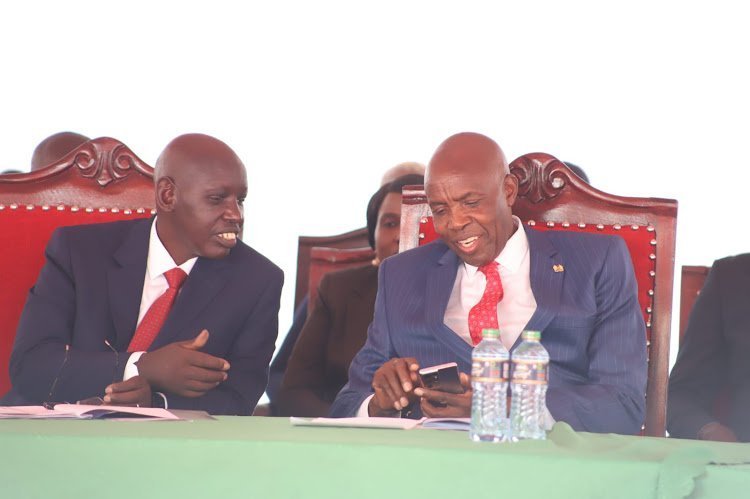Ruto Directive To Parents To Pay School Fees Via eCitizen Unconstitutional: Court Rules
Justice Chacha Mwita emphasized that the government did not conduct public participation before implementing the decision.

The High Court has declared the government's directive mandating parents to pay school fees via the eCitizen platform unconstitutional, handing another blow to one of President William Ruto's controversial directives.
While delivering the ruling on Tuesday, April 1, Justice Chacha Mwita emphasized that the government did not conduct public participation before implementing the decision. He also noted that the Ksh50 transaction fee lacks a legal basis.
Additionally, Justice Mwita raised concerns about the lack of transparency regarding who collects the funds and where they are deposited.
"The directive lacks a legal foundation and was issued without public participation. School fees are not government revenue to be collected through a national platform," Justice Mwita ruled.

The Milimani Law Courts in Nairobi. /FILE
"High Court has declared the Ministry of Education's directive on payment of school fees via the eCitizen platform irrational, capricious, unconstitutional, null and void. I was representing LSK in this matter," stated lawyer Omochokoro O'mong'oni, who was representing LSK.
The latest ruling came after conservatory orders issued by the High Court on February 7, 2024 suspended the government directive that all parents and guardians whose learners are in national schools make payments through the eCitizen platform as directed by the Ministry of Education.
"That an interim conservatory order is herby issued suspending the Circular or letter by the Principal Secretary (Belio R Kipsang), Ministry of Education dated 31st January 2024, requiring parents/Guardians and or students to pay fees and or any other levies for all government learning institutions through e-citizen platform or any other Digital platform(s) until 13th February 2024, when the court will issue further directions in this petition," read part of the court order.
Gikenyi, a consultant trauma and general surgeon working for the county government of Nakuru, had moved to court to challenge the initiative, which he termed illegal, arguing that it violated the principles of good governance.
According to him, parents in rural areas who had been accustomed to paying school fees via non-monetary means (trading maize and beans to the school) will be “locked out through this unfair administrative action.” The conservatory orders were extended a week later.
Beforehand, President William Ruto, while addressing a delegation in Tokyo, Japan, stood by the decision to compel parents to pay school fees through the unified government platform, arguing that it was geared at ensuring transparency and well-judged use of funds for the benefit of learners.
“You may have heard the latest about school fees in Kenya, or money paid by parents, for example, in boarding schools. We provide resources for learning in all our primary and secondary schools through what parents pay," Ruto stated.
“We are insisting because we realised there are illegal levies charged by the board of management of schools that go into accounts that nobody knows, we have insisted that all monies charged to Kenyans must be transparent.”
A letter addressed to all principals, dated January 31, 2024, by the then-Basic Education Principal Secretary Belio Kipsang revealed that the new form of payment, which was in line with the government's directive to consolidate all platforms through pay bill number 222222, was to begin to take effect on Tuesday, February 6, 2024.
"The directorate of e-Citizen in partnership with the Information Communication Technology Authority (ICTA), Ministry of Information, Communication and the Digital Economy and the National Treasury have been coordinating the onboarding of all government services onto the E-citizen platform to enhance service delivery.
"As part of compliance with the requirements, it is directed that parents/guardians make fee payments for their learners in your institutions through this platform," the letter read in part.
The school heads were therefore asked to provide the respective particulars of their schools to be aligned with the government system. Expected from the principals included the institutions' bank details such as account name, bank, account number, bank code, and branch code.







